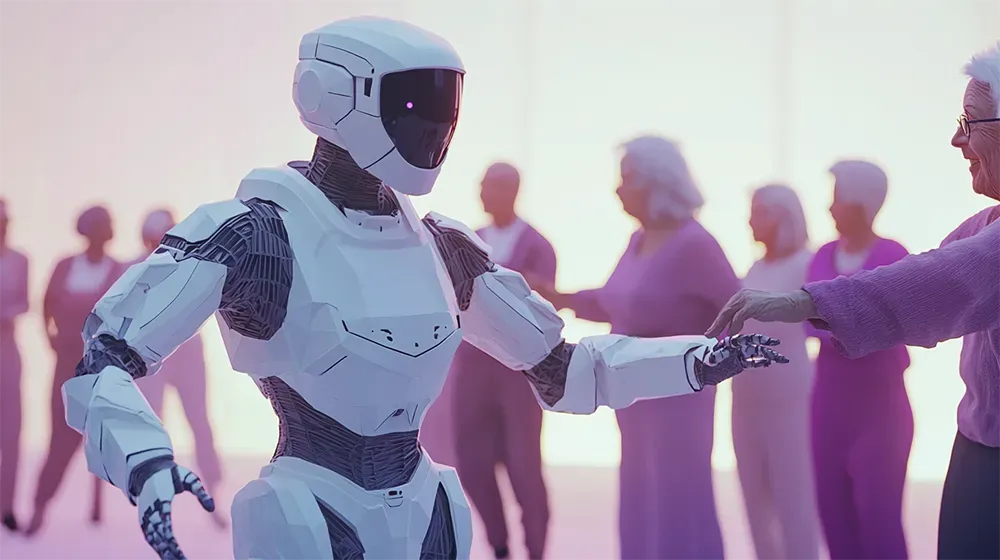Singapore’s AI Experiment: Robots, Depression, and the Future of Eldercare

Can AI replace human connection in eldercare, or is Singapore gambling with loneliness for efficiency?
Faced with a rapidly aging population and a shortage of nurses, Singapore is turning to AI to bridge the eldercare gap. Robots like Dexie are already leading exercises and bingo games at senior facilities, keeping residents engaged while reducing staff workloads.
Meanwhile, the government is piloting advanced AI tools like SoundKeepers, which uses voice biomarkers to detect early signs of depression among seniors. By 2030, one in four Singaporeans will be over 65, making AI essential for scalable solutions.
Projects like MemoryLane and RoboCoach Xian are further integrating AI into eldercare, but ethical concerns loom, including data privacy and risks of isolating seniors through parasocial relationships with robots.
I foresee fully robotized aged care facilities, where advanced humanoids handle the daily needs of elderly residents, with perhaps only one or two humans overseeing operations. In an aging population, this could help manage the growing cost of elder care, offering a scalable solution at a lower price point. Yet, would such a reality be something to celebrate?
Read the full article on Rest of World.
----
💡 We're entering a world where intelligence is synthetic, reality is augmented, and the rules are being rewritten in front of our eyes.
Staying up-to-date in a fast-changing world is vital. That is why I have launched Futurwise; a personalized AI platform that transforms information chaos into strategic clarity. With one click, users can bookmark and summarize any article, report, or video in seconds, tailored to their tone, interests, and language. Visit Futurwise.com to get started for free!






